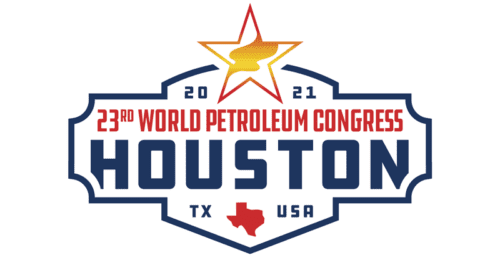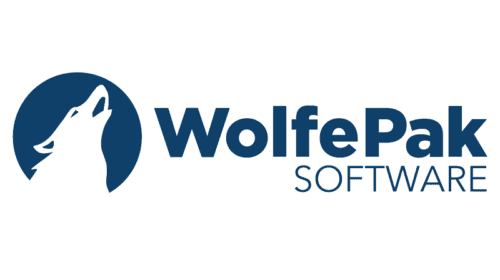Pennsylvania has been good to natural gas producers, as it is the only state in the country that does not currently tax its gas drilling companies on what they extract. However, that break is poised to change despite the regulation rollbacks offered by President Donald Trump. On Feb. 7, Gov. Tom Wolf (D) announced his state budget for 2017-18, which included a 6.5% severance tax on the extraction of natural gas from the Marcellus shale.
The State Budget Overview 2017-18 says: “Impose a competitively structured severance tax on natural gas, close loopholes so all insurers are taxed consistently, establish uniform Net Operating Loss provisions, eliminate special interest tax loopholes, and convert tax credit incentives into a block grant.”
This tax is expected to bring in revenues of almost $300 million in its first year, up to $500 million by 2020. However, this proposed tax would be the highest in the country. To put things in perspective, neighboring states Ohio and West Virginia tax at 0.8% and 5% respectively.
In the argument against the tax, Sen. Arthur Haywood (D-Montgomery County), said it would be a mistake to base long-term tax policy solely on gas prices from 2014 because the industry has been in a downturn for the past two years and is just getting started again. A tax that high would hurt the recovering producers and push down the market.
Producers already pay their fair share in taxes, such as the approximately $2.1 billion in taxes paid to state and local government since 2008, the first year of significant Marcellus Shale drilling. Furthermore, the natural gas producers also pay Pennsylvania’s 9.99% Corporate Net Income tax.
The Marcellus shale play runs through northern Appalachia, primarily in Pennsylvania, West Virginia, New York, and Ohio. The formation runs an estimated 600 miles north to south, and is estimated to hold as much as 500 trillion cubic feet (tcf) of natural gas, about 50 tcf of which is recoverable using modern technology.
Eissler, former editor-in- chief of Oil & Gas Engineering magazine, previously worked as an editor for Dubai-based The Oil & Gas Year Magazine.
Oil and gas operations are commonly found in remote locations far from company headquarters. Now, it's possible to monitor pump operations, collate and analyze seismic data, and track employees around the world from almost anywhere. Whether employees are in the office or in the field, the internet and related applications enable a greater multidirectional flow of information – and control – than ever before.












